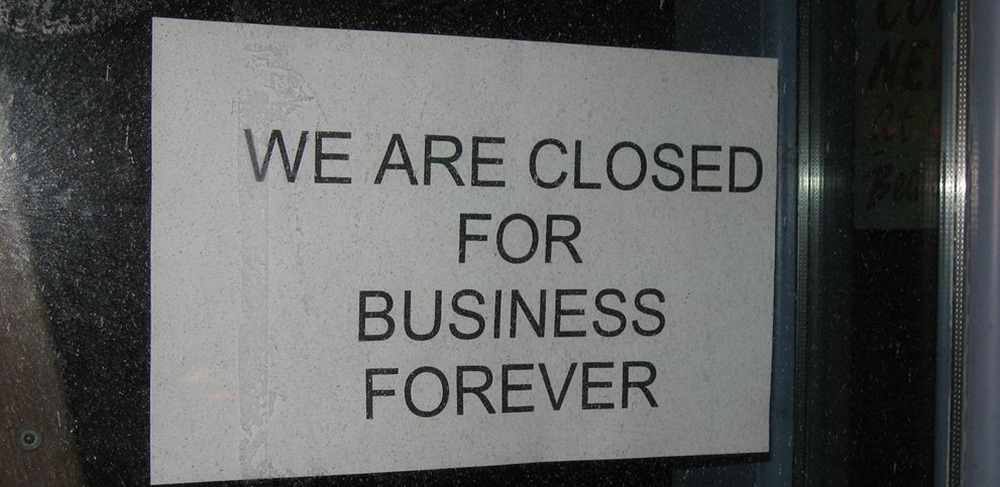Government data as of Dec. 5, 2024 indicated that India’s vibrant startup ecosystem which is also celebrated as a hub of innovation and job creation, has witnessed over 5,000 startups registered under the Startup India initiative shut down.

How Did This Happen?
It almost accounts for 3.3% of the 1.52 lakh startups which are already recognized by the Department for Promotion of Industry and Internal Trade (DPIIT).
The information was shared by Jitin Prasada, Minister of State in the Commerce Ministry while giving a written reply to a Lok Sabha query on Tuesday, Dec. 10, 2024.
These startups are spread all over the country but Maharashtra reported the highest number of closures, with 929 startups shutting down among other states, reportedly.
It is followed by Karnataka (644), Delhi (593), Uttar Pradesh (487), and Telangana (301).
Basically, these closures reflect the challenges which are faced by startups.
They have to go through intense competition, funding shortfalls, and unclear market strategies.
It appears that the Startup India initiative has played a significant role in employment generation despite all these closures.
It has created over 16.6 lakh direct jobs across more than 55 industries under this initiative.
As part of this, IT services emerged as the top contributor with 2.04 lakh jobs.
It is followed by healthcare and life sciences (1.47 lakh), professional services (94,060), education (90,414), construction (88,702), and food and beverage (88,468).
MSMEs Facing The Heat
It is noteworthy here that these struggles are not confined to startups.
The Micro, Small, and Medium Enterprises (MSMEs) which were registered through the Udyam portal, have also experienced significant closures.
Around 61,469 MSMEs, predominantly micro-units, as of Nov. 15, 2024, have shut operations since the launch of this portal during July 2020.
But there is a change as the recent months have seen an accelerated decline, with over 12,000 closures between July and November 2024 alone.
These numbers reveal the growing pains for India’s startup and MSME sectors.
In the meantime, the experts emphasize the need for better access to mentorship, sustainable funding channels, and policies tailored to long-term growth.











